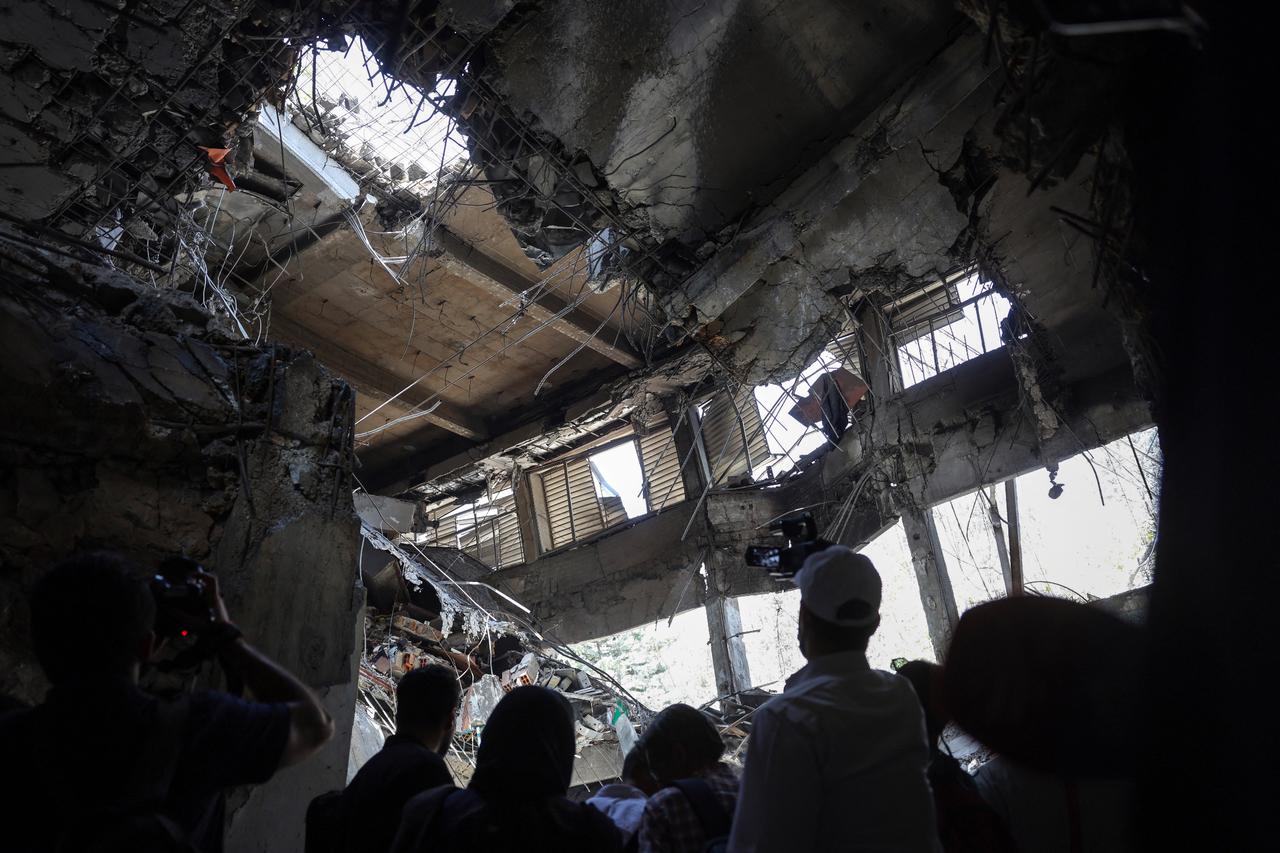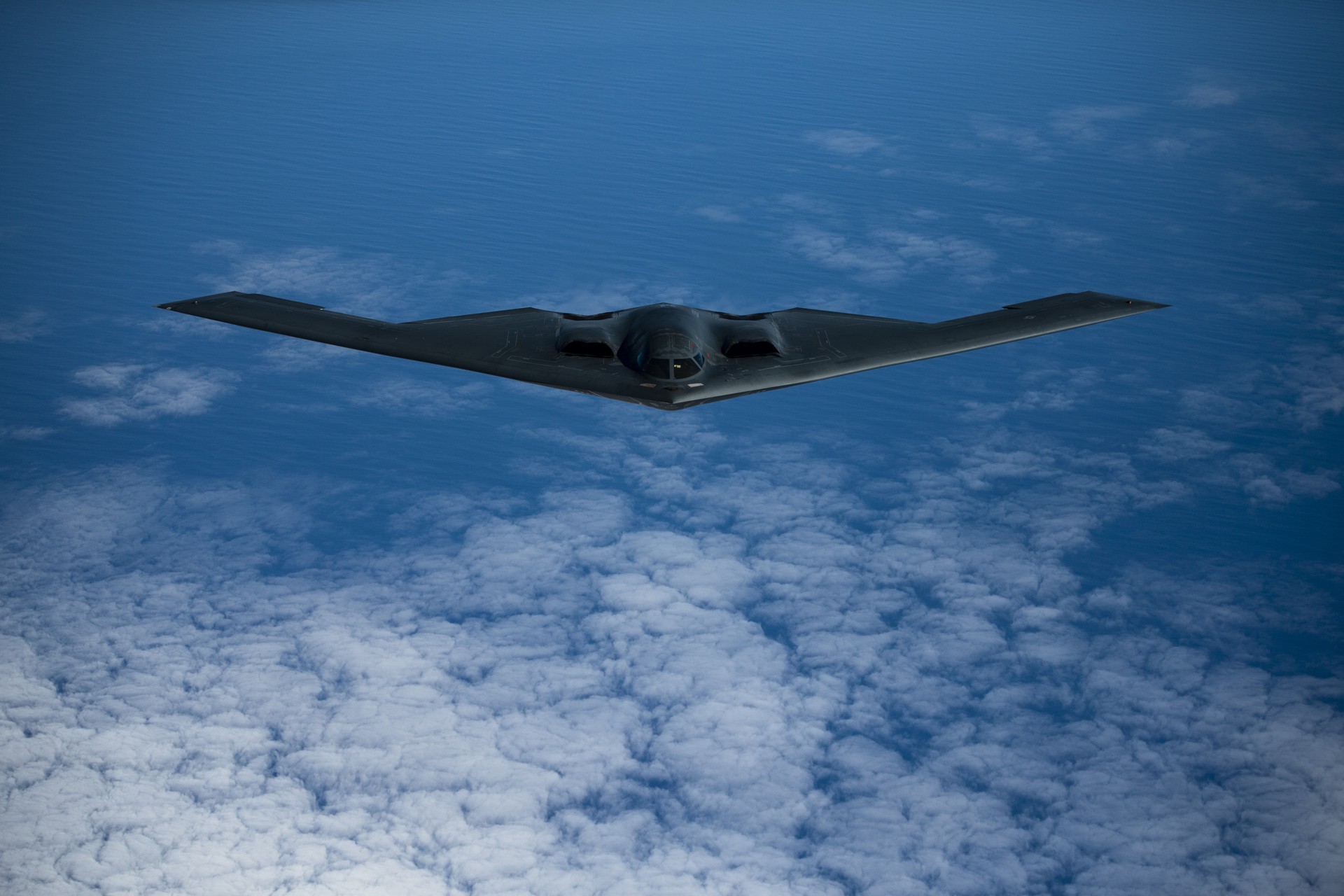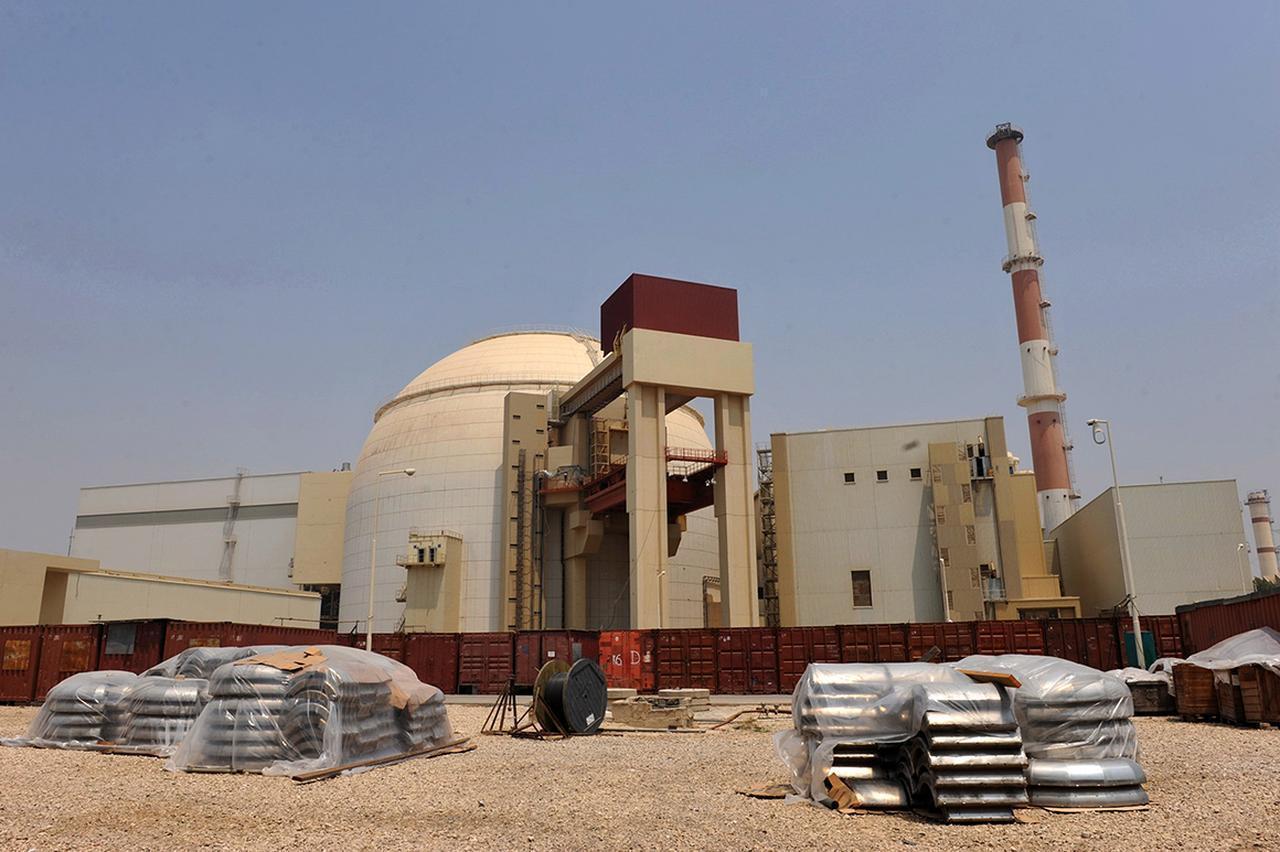
Iran remains willing to engage in diplomatic negotiations with the United States over its nuclear program, but only if Washington provides assurances it will not resort to military action during talks, a senior Iranian official said Thursday.
The comments from Deputy Foreign Minister Majid Takht-Ravanchi came amid reports that high-level discussions between the two countries could resume soon. The U.S. news website Axios reported that White House Middle East envoy Steve Witkoff plans to meet Iran's foreign minister and chief negotiator, Abbas Araghchi, in Oslo next week, though neither government has confirmed the meeting.
"We are for diplomacy," Takht-Ravanchi told NBC News. "The United States should convince us that they are not going to use military force while we are negotiating. That is an essential element for our leadership to be in a position to decide about the future round of talks."

The diplomatic opening follows a period of intense military confrontation that derailed previous negotiations. Iran and the United States had conducted five rounds of nuclear talks since April 12, with another session scheduled before Israel launched strikes against Iranian nuclear facilities on June 13.
The Israeli bombing campaign targeted nuclear sites and killed several senior military officials and nuclear scientists, according to Iranian officials. Nine days later, on June 22, the United States conducted its own strikes on Iranian nuclear facilities at Fordo, Isfahan and Natanz.
Iran's judiciary reported that more than 900 people died during the conflict, while Israeli authorities said 28 people were killed by retaliatory Iranian drone and missile attacks. A ceasefire between Iran and Israel took effect on June 24.
The military escalation had stalled nuclear negotiations where Iran and the United States remained at odds over uranium enrichment. Tehran considers enrichment a "non-negotiable" right, while Washington has called it a "red line."

Iran's position on enrichment has not shifted despite the recent conflict, Takht-Ravanchi indicated. "Iran has every right to do enrichment within its territory," he said. "The only thing that we have to observe is not to go for militarisation."
The diplomatic initiative comes as both countries appear to be seeking ways to de-escalate tensions following the June military confrontation. However, the fundamental disagreements over Iran's nuclear program that have complicated previous negotiations remain unresolved.